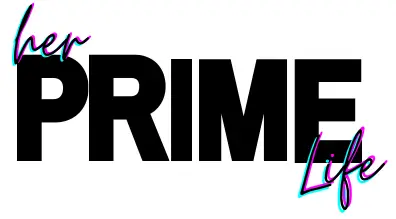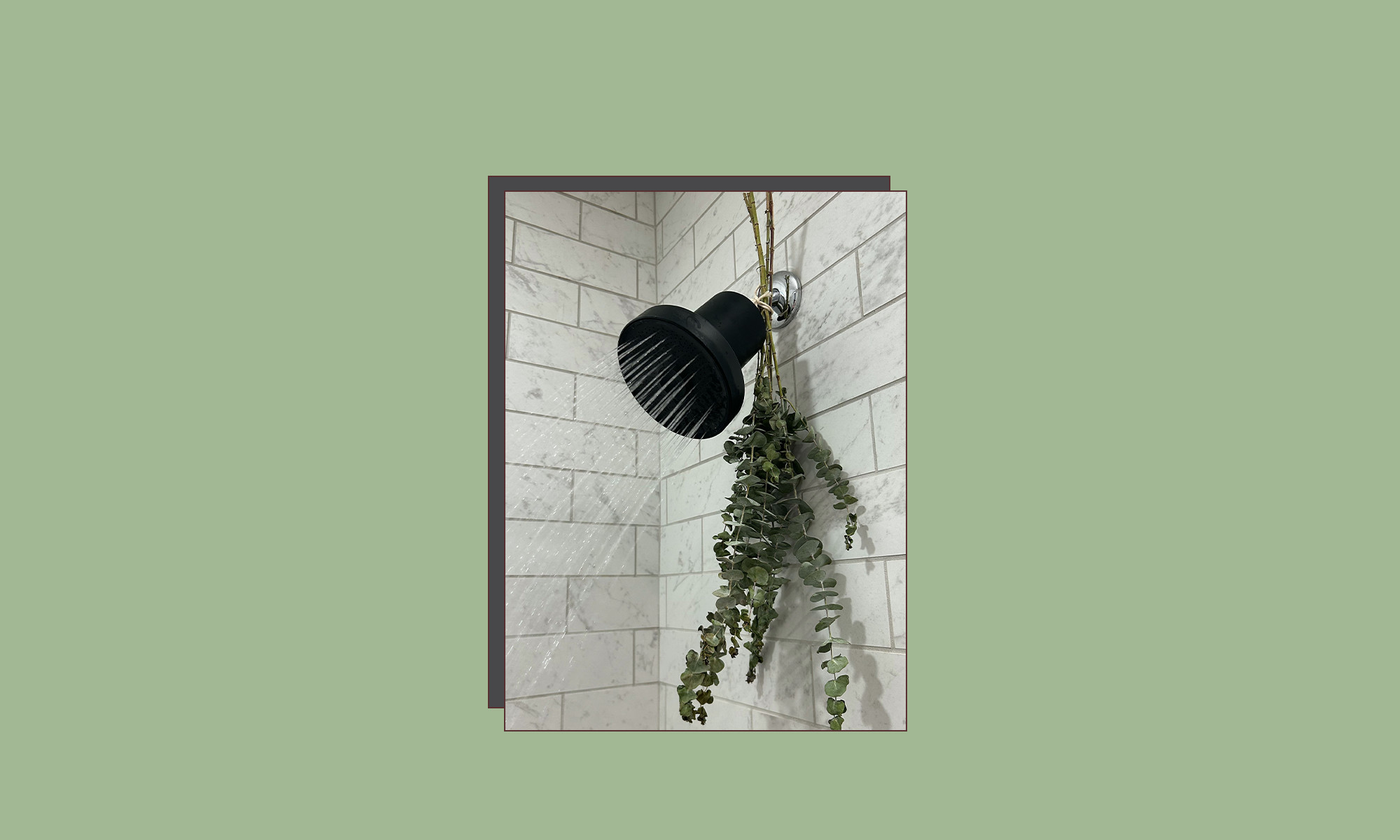Why Compatibility Isn’t All the time A Good Factor, From A Therapist

First, let’s truly outline what we imply after we speak about compatibility: “Compatibility is a pure, easy manner of relating to a different particular person and feeling a connection,” licensed {couples}’ therapist Racine Henry, Ph.D., LMFT, not too long ago instructed mbg. It isn’t essential to be related to be suitable, she notes, and in reality compatibility usually stems from two individuals having a mechanism for coping with battle within the areas by which they differ.
“Compatibility in a relationship stems from there being a complementary relationship,” she explains—however that is additionally the place issues get difficult.
In accordance with Henry, simply because two individuals are suitable or have traits that complement one another “doesn’t at all times imply it’s a wholesome or constructive complementarity.” Typically two individuals complement one another in ways in which might not be in a single or each individuals’s greatest pursuits.
For instance, she says, “There could also be somebody domineering who finds a companion that’s passive.” This can in all probability assist the 2 of them transfer via conflicts—the domineering particular person will merely stroll over the passive particular person, who in flip will acquiesce and go together with their companion’s selections. This implies the connection may have the ability to final—however it doesn’t essentially imply it ought to.
There are various examples of unhealthy compatibility: Narcissists usually hunt down echoists, their self-effacing opposites, who they will extra simply reap the benefits of. An individual who doesn’t give so much in relationships may do nice with somebody who doesn’t ask for lots, masking the previous’s selfishness and the latter’s abandonment points.
Share this content:




